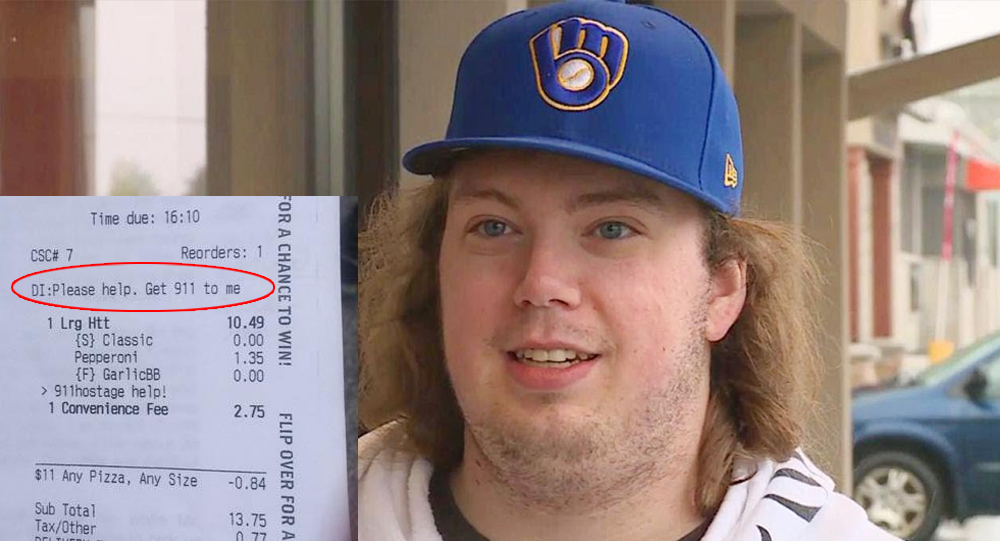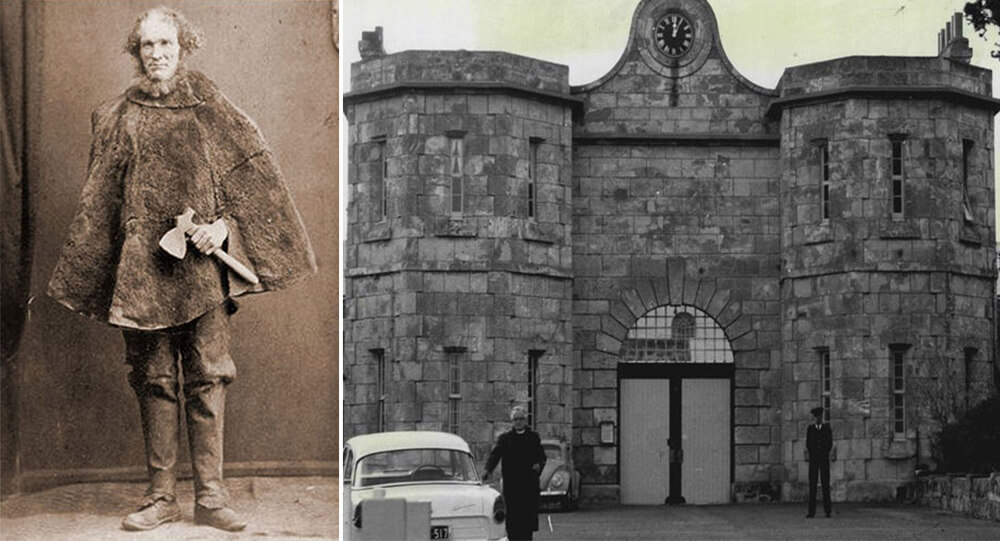

The Great Greek Swimming Pool Scandal: When Satellites Exposed a Tax Evasion Wave
In the late 2000s, Greece was facing a financial crisis, and the government was desperate to collect more taxes. But there was a problem: in the wealthy suburbs of Athens, only 324 residents had reported owning a swimming pool on their tax returns. That number seemed suspiciously low, especially in neighborhoods where luxury was everywhere you looked.
The Investigation: Eyes in the Sky
Greek tax authorities decided to get creative. Instead of taking people at their word, they turned to technology-specifically, satellite imagery and Google Earth. By analyzing aerial photos of these affluent neighborhoods, officials made a jaw-dropping discovery: there weren’t just a few hundred pools, but a staggering 16,974!
Trivia: That means fewer than 2% of pool owners had actually admitted to having one!
How Did People Hide Their Pools?
It turns out, many wealthy Greeks had gone to great lengths to keep their pools off the books. Some built them under retractable roofs, others camouflaged them with trees or even painted them to blend in with the surroundings. Pool builders reported that clients were more interested in hiding their pools than building new ones!
Why Lie About a Pool?
Owning a pool in Greece isn’t just a status symbol-it’s also a tax liability. Pools are considered luxury items and are heavily taxed. By not declaring them, owners could avoid paying thousands of euros in taxes each year.
The Bigger Picture: Tax Evasion Culture
This wasn’t just about swimming pools. The investigation revealed a much larger problem: widespread tax evasion among Greece’s wealthy. In the same neighborhoods, doctors, lawyers, and business owners were reporting incomes so low they barely covered rent-while driving luxury cars and living in mansions. In one case, 150 doctors in a posh district claimed annual incomes of less than $40,000, with some declaring less than $13,300-enough to exempt them from taxes altogether.
Fun Fact: In a country of 11 million, only a few thousand people declared incomes over $132,000, despite obvious signs of wealth everywhere.
What Happened Next?
The Greek government ramped up its efforts to catch tax evaders, using not just satellite images but also helicopter flyovers and undercover investigations at nightclubs and parking lots. The crackdown led to billions in back taxes being collected and became a symbol of the country’s struggle with corruption and fiscal responsibility.
Did You Know?
- Tax authorities even used Excel spreadsheets to track down fraud, and the number of documented tax fraud cases skyrocketed from 506 in June 2009 to 4,340 in June 2010.
- The scandal became so famous that “swimming pool” is now a byword for hidden wealth in Greece.
The Takeaway
The Athens swimming pool scandal is a classic case of how technology can outsmart even the most creative tax dodgers. It also highlights the importance of transparency and accountability-because sometimes, the truth really is visible from space!

Blanche Monnier: Imprisoned For 25 Years For Falling in Love
Blanche Monnier, she was a French woman noted for her beauty, she wished to marry an old lawyer that her mother disapproved of, so she locked her in a small dark room in her attic for 25 years.

How a Pizza Delivery Saved a Hostage in 2015
A pizza delivery once helped end a hostage situation! In 2015, a pizza order placed by a woman being held hostage included a hidden message for help. The pizzeria staff alerted the police, leading to her rescue..!

Albert Spaggiari: The Man Who Stole 45m Francs And Was Never Caught
In 1976, French gangster Albert Spaggiari was arrested after his gang stole 100 million francs worth of valuables from a bank. At his trial, he distracted the judge then jumped out of a window and fled on a motorcycle set up for him. He was never caught and died a free man.

The Birth of Stockholm Syndrome: The 1973 Bank Robbery That Changed Psychology
In 1973, a botched bank robbery in Stockholm, Sweden, led to a six-day hostage crisis, where captives began defending their captors—giving rise to Stockholm Syndrome. Strangely, one hostage later befriended a robber, and another raised money for their legal defense, baffling psychologists and law enforcement alike!

Quaker Oats Fed Children with Radioactive Oatmeal
In the 1940s and 1950s, Quaker Oats and MIT conducted experiments on radioactive iron and calcium-containing cereal. The diet was part of a study to see if the nutrients in Quaker oatmeal traveled throughout the body. In January 1998, a $1.85 million settlement was reached for 30 victims who came forward.

The truth behind the murder of Cara Knott
After the murder of Cara Knott in 1986, a local news station filmed a ride-along segment with a highway patrol officer named Craig Allen Peyer who talked about women’s safety and gave tips on what to do when stranded on the road. That same officer later turned out to be the “Knotts killer.” He was convicted of the crime in 1988.

Moondyne Joe: The story of Australia's most notorious prison escapee
A man named Joseph Bolitho Johns (A.K.A Moondyne Joe) broke out of Australian prisons so many times that the police were compelled to build a special cell just for him. He escaped from that as well.

Brazilian gang leader attempts to escape from Rio de Janeiro prison by dressing up as his daughter
In 2019, a Brazilian gang leader tried to escape from prison by dressing up as his daughter when she visited him behind bars and walking out of the penitentiary's main door in her place.

Japanese man accidentally switched at birth grew up in poverty while other baby lived life on privilege
In 2013, a 60-year-old Japanese man found out that he had been accidentally switched at birth. His biological parents were wealthy, but he was given to a struggling, single mother. While the infant who took his place grew up with all the luxuries and became the president of a real estate company, he grew up poor and became a truck driver. He later sued the San Ikukai Hospital in Tokyo that made this awful mistake in 1953.

Woman found guilty of murdering her husband after a parrot repeated the victim's 'last words'
In 2017, a woman named Glenna Duram shot her husband five times before attempting suicide. Soon after, the couple’s pet African Grey parrot, the only witness to the crime, started repeating the words “don’t f*****g shoot!” It is thought to have been the pair’s last exchange. Duram survived and was found guilty of first-degree murder.

Man who robbed bank to get away from wife sentenced to home confinement
In 2017, a 70-year-old man robbed a Kansas City bank, then sat down in the lobby waiting for the Police to arrive stating he’d rather live in jail than with his wife. He was arrested but rather than thrown in a cell he was sentenced to 6 months of home confinement.

The story of Nike's famous tagline "Just do it"
Nike’s inspiration for their slogan “Just do it.” came from a man who was about to get executed, and his final words to the firing squad was “let’s do it!”

Albert Einstein’s brain after it was stolen from his body
Albert Einstein's brain was taken by the opportunistic pathologist who performed his autopsy hours after he died and kept in two jars for 30 years. The stolen brain of Albert Einstein was preserved in a cookie jar for 30 years until being discovered by a journalist.

In 2018, a 30-year-old survived a close-range gunshot thanks to silicone implant
In 2018, a 30-year-old woman from Toronto, Canada survived a close-range gunshot thanks to her silicone breast implant. Doctors believe that the implant deflected the bullet away from her vital organs, and her only injury was a fractured rib.

Chilling Story Behind the Amber Hagerman’s Murder And The AMBER alert system
Amber Hagerman is the reason we have the Amber alert or a child abduction emergency alert system. As of April 2019, 957 children rescued specifically because of AMBER Alert. To this day, the Amber behind Amber alert is still waiting for justice.

Recipient of suicide victim's heart kills himself 12 years later
In 1995, Sonny Graham received a transplanted heart from a suicide victim. He then committed suicide in the very same manner as the donor.

The Heartbreaking Story Of Robert Turner, The Boy Whose Mother Died Because 911 Failed Him
Five-year-old Robert Turner of Detroit witnessed his mother Sherrill die from a heart condition in February 2006, all because two 911 operators mistook his desperate calls for help for a prank.

The 1978 Lufthansa Heist: Unraveling the Mystery of America's Most Infamous Airport Robbery
During the 1978 Lufthansa heist, robbers infiltrated JFK Airport, restraining employees and holding a night guard hostage. They escaped with $5.9 million—worth over $27 million today. The crime, linked to the Lucchese crime family, remained unsolved for decades, with most suspects vanishing

True Story: Russian Pilots Held by Taliban Fought Back and Flew to Freedom
A Russian cargo plane was captured by the Taliban in Afghanistan with Seven crew members aboard. After being held captive in Kandahar for over a year, the crewmen were able to overpower their captors, retake their plane and fly it out of Afghanistan to safety.

A woman accidentally tipped $7,723 for coffee and some cake and never get the money back
In 2018, a woman accidentally paid $7732 for a cup of coffee and a cake at a Swiss café after accidentally entering her PIN code as a tip. She never received a refund.

The youngest person executed, George Stinney Jr was proven innocent
In 1944, George Stinney Jr. was 14 years old when he was executed in South Carolina. It took only ten minutes to convict him — and 70 years to exonerate him.

The great robbery: 300 million yen robbery
In 1968, a car driven by bank employees was pulled over by a motorcycle cop claiming the car had been rigged with a bomb. The cop got under the car to “defuse” the device. When the car started to smoke, everybody ran. Then the “cop” just drove the car away. The 300M Yen robbery remains unsolved

The Horrific story of Ariel Castro and the Cleveland abduction
Cleveland abduction victims Gina DeJesus, Michelle Knight, and Amanda Berry were forced to live in Ariel Castro's house of horrors for 10 years. He raped and beat them until they escaped in 2013.

The Bizarre Courtroom Act of Serial Killer Rodney Alcala: When a Killer Played Lawyer
Serial killer Rodney Alcala acted as his own attorney in his trial. For five hours he interrogated himself on the witness stand, asking questions addressed to "Mr. Alcala" in a deep voice and answering them in his normal voice.

Susan Kuhnhausen Killed the Hitman Sent to Kill Her
Susan Kuhnhausen's ex-husband hired a hitman to assassinate her. Susan "made a decision to live" in that terrifying moment.

























